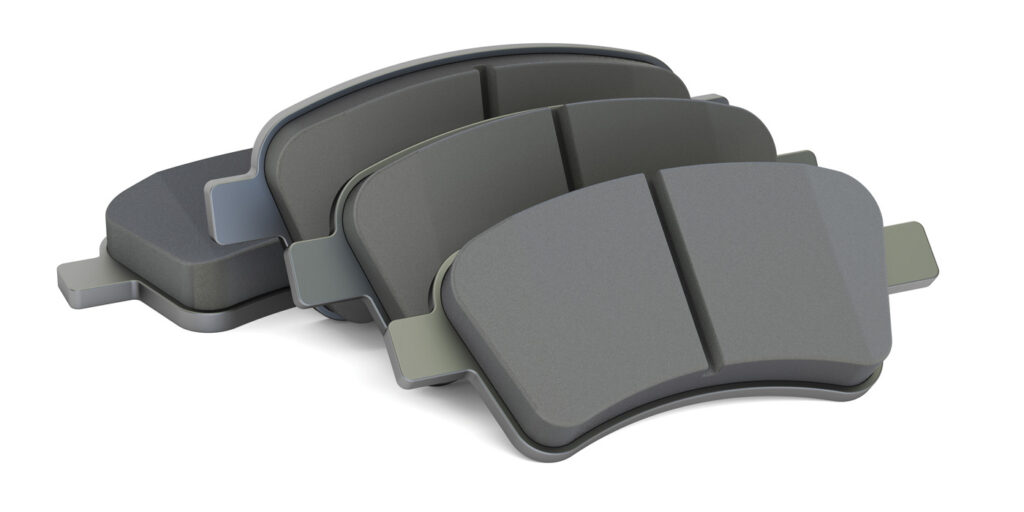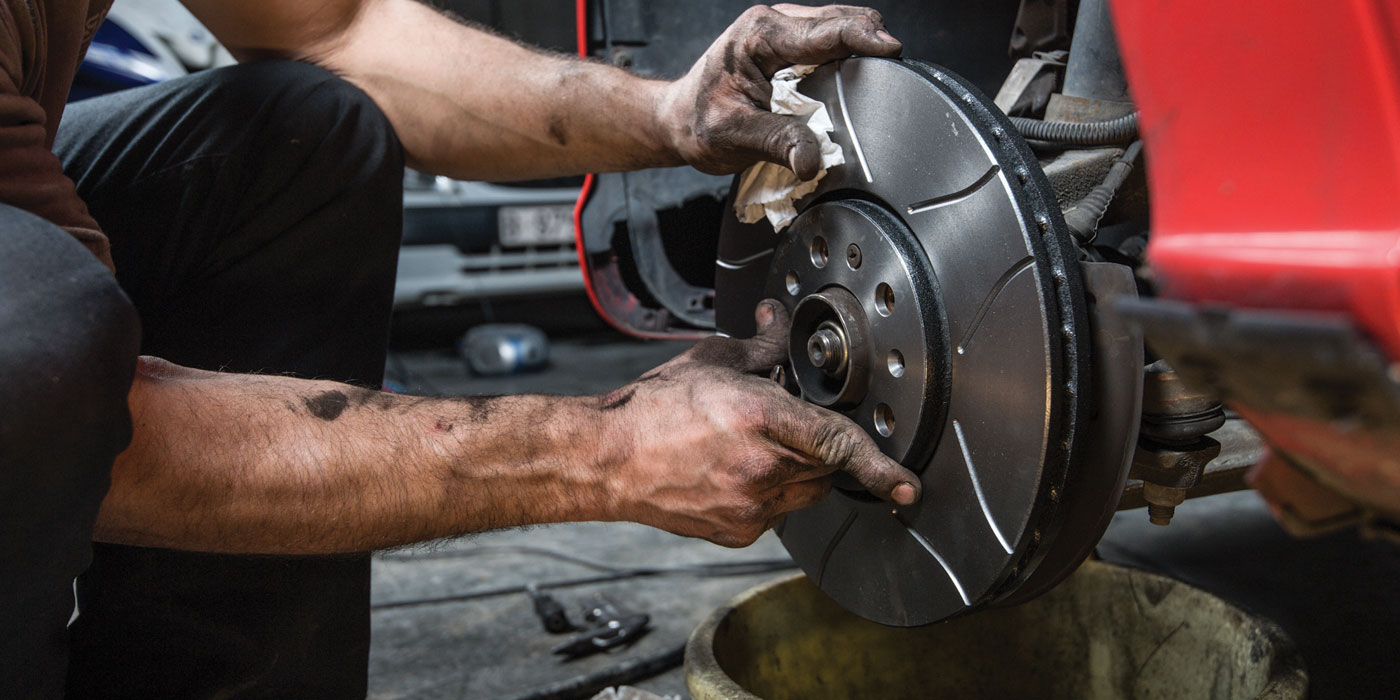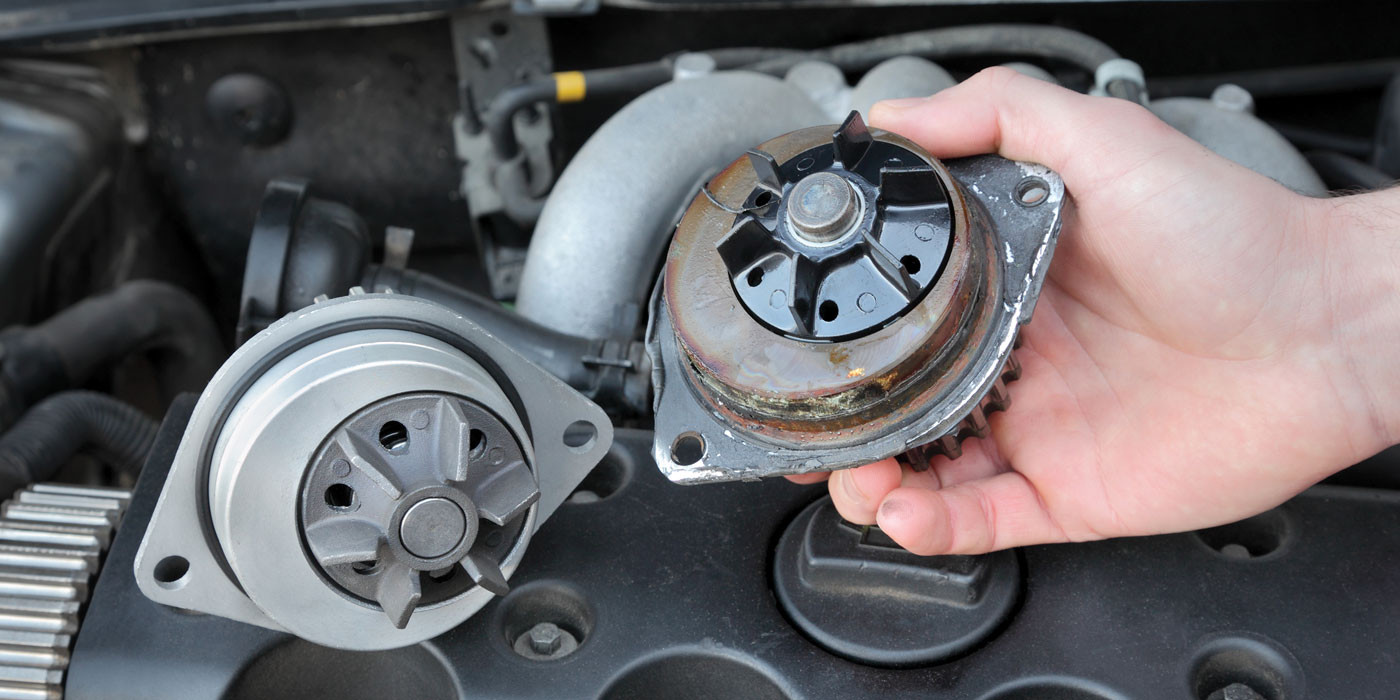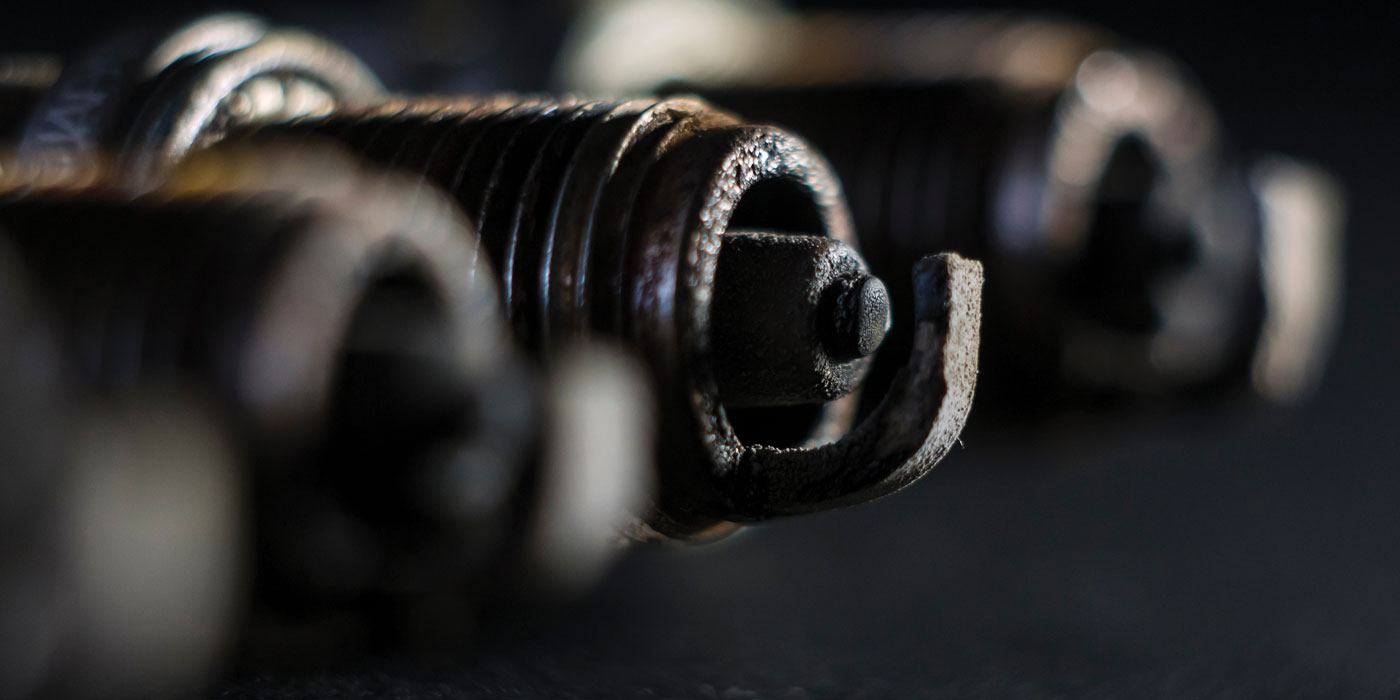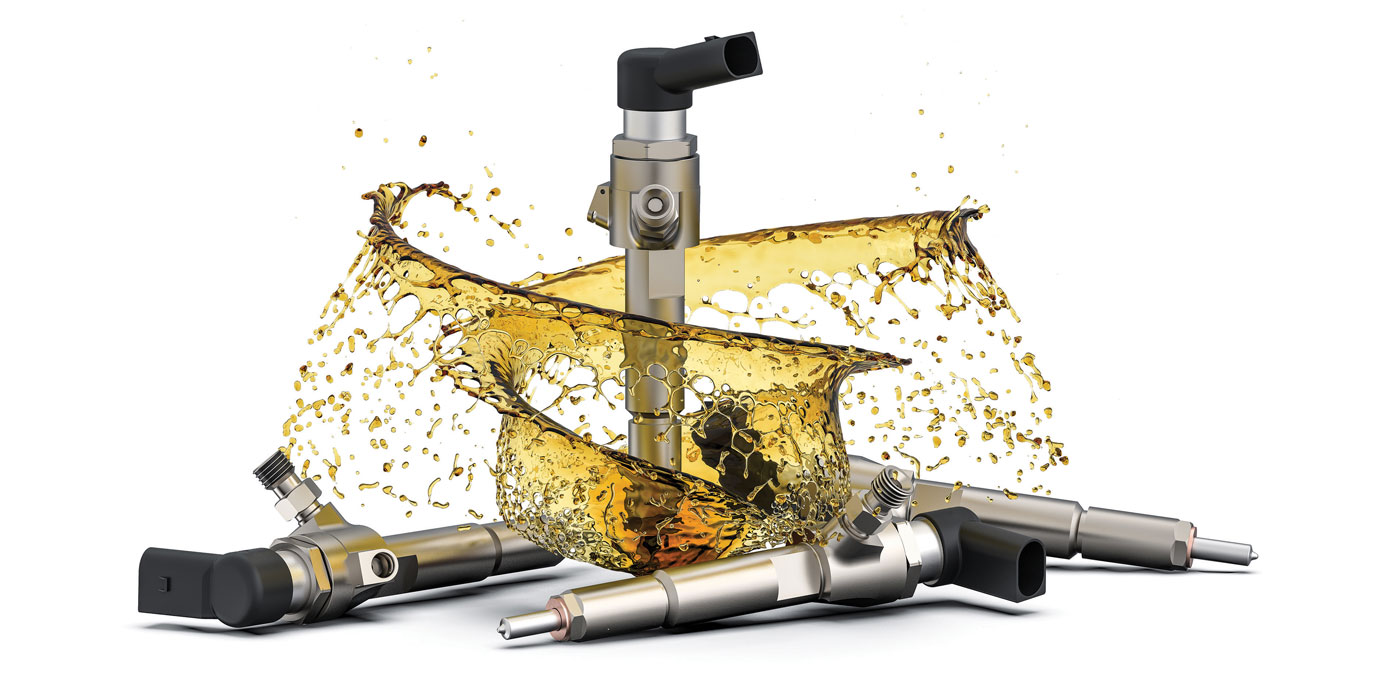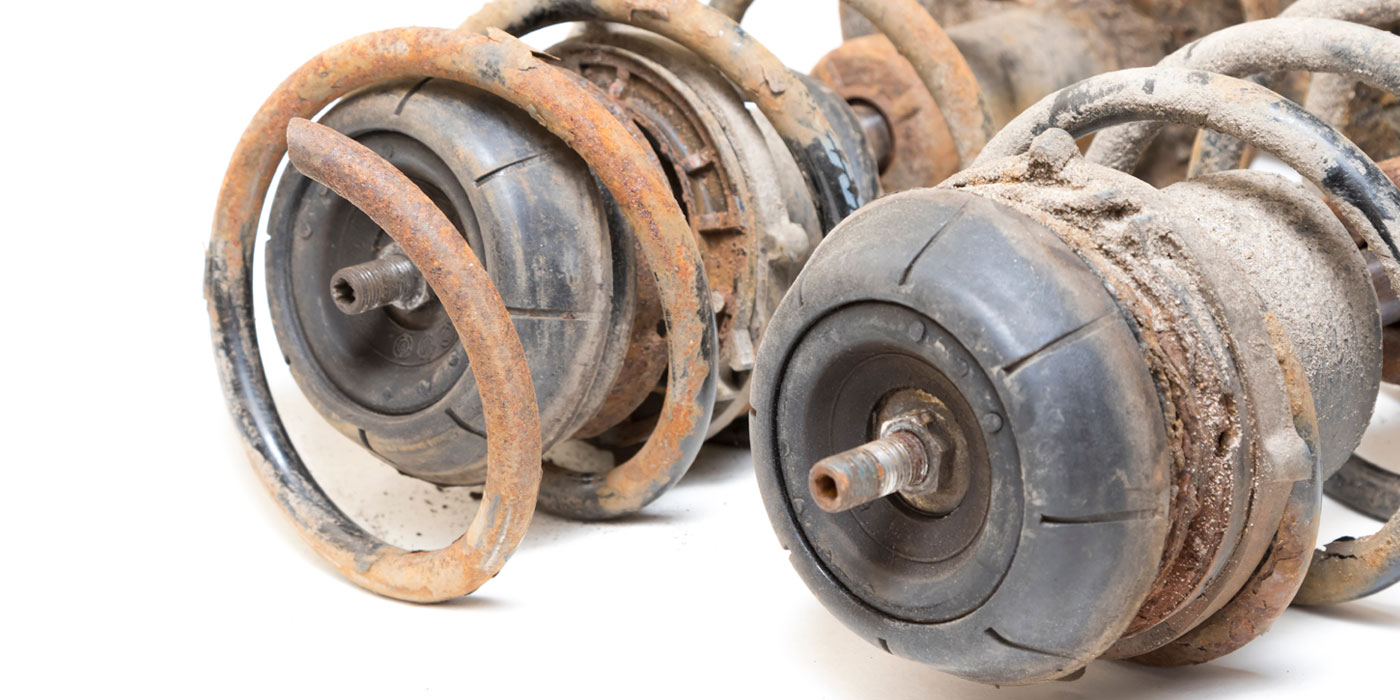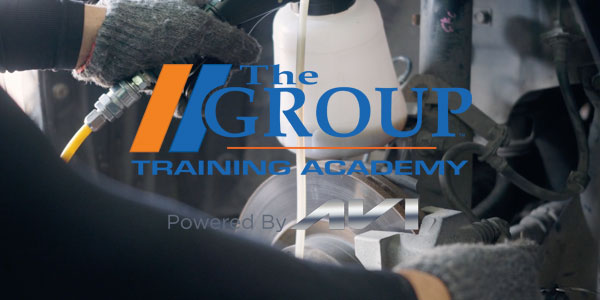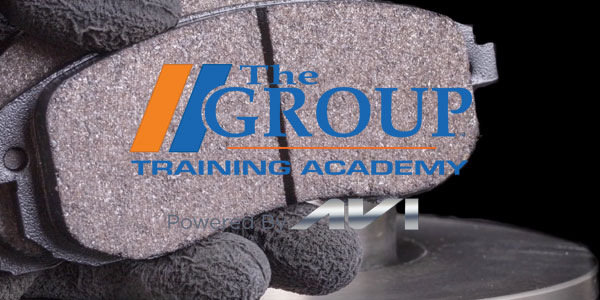Ever wonder what your DIY customers are asking your DIFM customers? Brake & Front End, a Counterman sister publication, recently compiled a list of frequently asked questions it receives on its website, YouTube channel and social media. Most of the questions come from consumers seeking to understand a repair recommendation or trying to replace their own brake pads.
We thought you might enjoy reading through the list of questions (and Brake & Front End’s answers), as some of these questions could sound familiar.
1. WHY DO SOME BRAKE PADS COST MORE?
Buying a quality brake pad is like buying prescription medicine. When you’re buying a prescription drug, you’re not just paying the cost to manufacture, package and market the pill. The bulk of what you’re paying for is research and development. The same is true for brake pads.
Brake pads require a great deal of testing and engineering because they’re made for a specific vehicle. A quality brake-pad manufacturer will spend a lot of time and money on developing a brake-pad application for your vehicle. This includes simulated and on-the-vehicle testing. This type of testing is people- and equipment-intensive.
Another cost of brake-pad manufacturing is quality control. Reputable manufacturers will pull random samples from the production line and perform destructive testing. This costs money and time and may mean that a batch of pads could be rejected.
Marketing also is an associated cost for some brake-pad lines. But, if a company is willing to advertise their brake pads, chances are they’re willing to stand behind their brand name.
2. AREN’T BRAKE-PAD MANUFACTURERS JUST COPYING THE ORIGINAL BRAKE PAD?
Carmakers don’t say to replacement brake-pad manufacturers, “Here’s the recipe for our friction material for the 2021 models.” Brake pads are one of the few components on a vehicle that cannot be duplicated with just physical measurements. The original brake pad might use processes that can’t be duplicated. Even if the method can be duplicated, the technology might be patent-protected.
Sometimes, aftermarket brake-pad manufacturers can make a pad that’s better than the original. How? Time is on the aftermarket’s side. A brake-pad manufacturer has the chance to see how a brake system is performing in the field under real-world conditions. Also, brake-pad formulations evolve and improve. The original pad for a 2012 Corvette is limited to 2012 technology. A 2021 brake pad for a 2012 corvette can use 2021 technology. But here’s the good news: As a vehicle gets older, chances are the replacement brake pads will get better because the manufacturer will have more data in the form of real-world miles.
3. DOES EVERY BOX OF BRAKE PADS INCLUDE HARDWARE?
The typical box of disc brake pads has four pads (two pads for each side of the car). Some manufacturers will include other pieces of hardware to make sure the pad performs to its full potential. The items include anti-rattle clips, shims to reduce noise, and wear sensors. Manufacturers sometimes include special lubricants to reduce the chance of the customer returning with a noise complaint.
Some low-quality brake-pad manufacturers do not include these items in the box so they can maximize their profit and be the lowest-priced product on the store shelves.
4. CAN I BUY A LIFETIME BRAKE PAD?
Brake pads are designed to wear out. How fast they wear is dependent on the driver and the vehicle more than the pad’s friction-material formulation. While there are pads on the market that promise more miles, it’s difficult to say if one will last longer than another pad.
What can make a brake pad last longer is replacing the hardware and resurfacing the rotor with the correct finish. These two items can increase the life of the brake pad more than any other factor.
Corrosion also can limit the life of a brake pad. Corrosion can attack the backing plate and cause the friction material to delaminate. When the friction material separates from the backing plate, it can cause noise at first. But, when the friction material departs the caliper, it’s a safety issue because it can cause the piston to overextend and leak. To prevent this from happening, some pads use a galvanized backing plate and mechanical attachment.
5. DO I NEED NEW BRAKE ROTORS IF THE BRAKE PADS ARE REPLACED?
Yes and no. It actually depends on the new brake pads. Some brake pads transfer a very thin layer of friction material onto the surface of the rotor. Ceramic and some NAO pads use this type of friction. The transfer layer is bonded to the rotor’s surface and cannot be washed away by water or wheel cleaners. The only way to remove it is by removing it with a brake lathe. The old transfer layer can contaminate the new brake pads. The contamination can cause noise at best and longer stopping distances in some cases. Starting with a clean rotor surface gives the new brake pads a chance to establish an even transfer layer.

